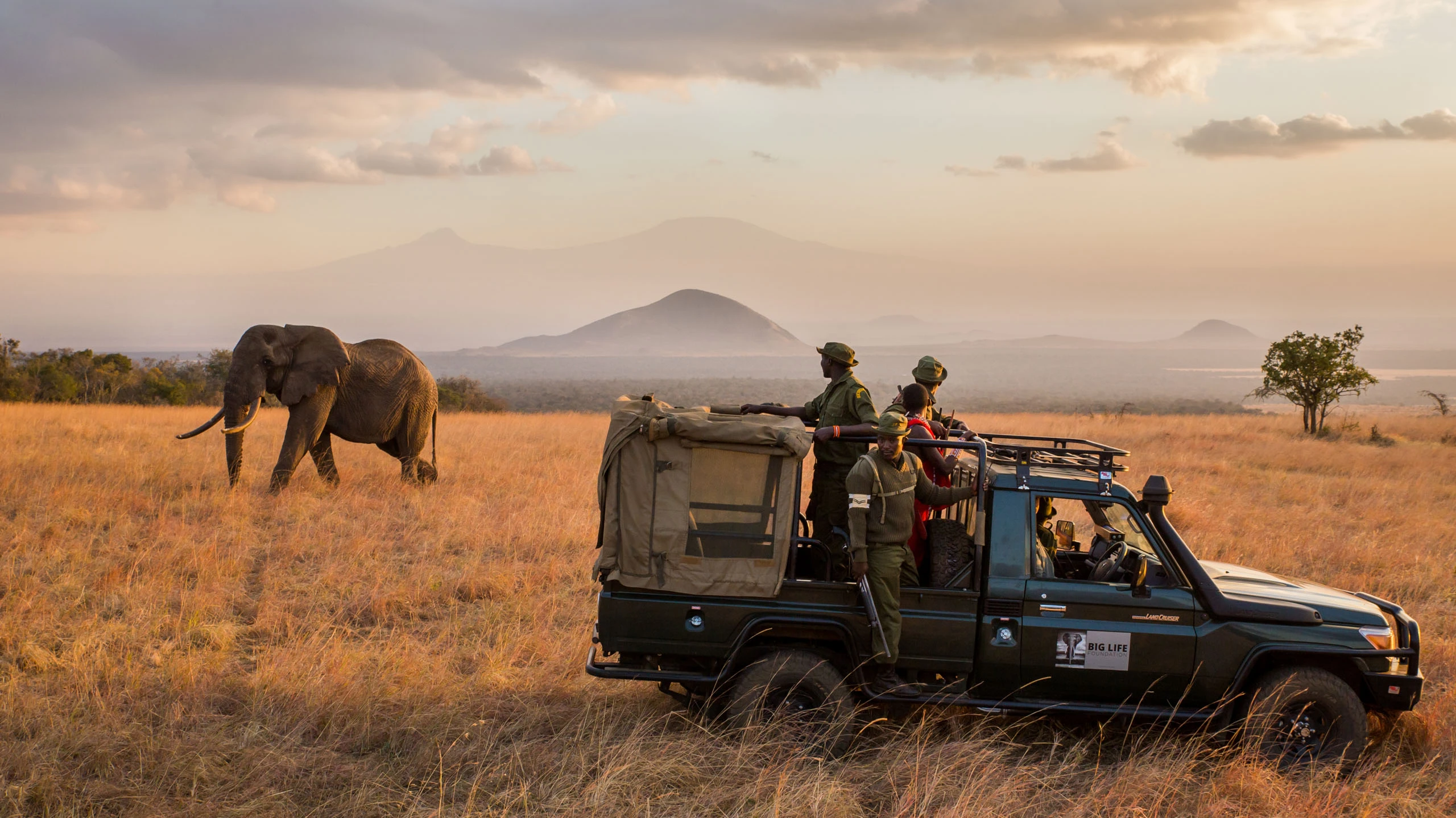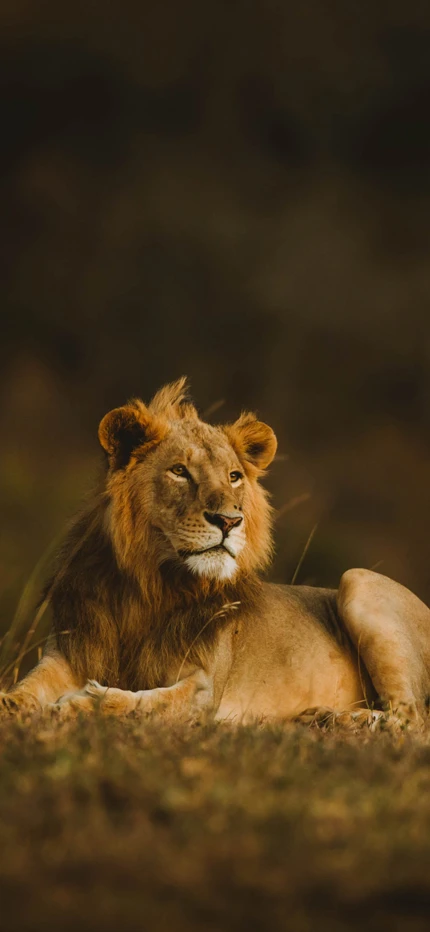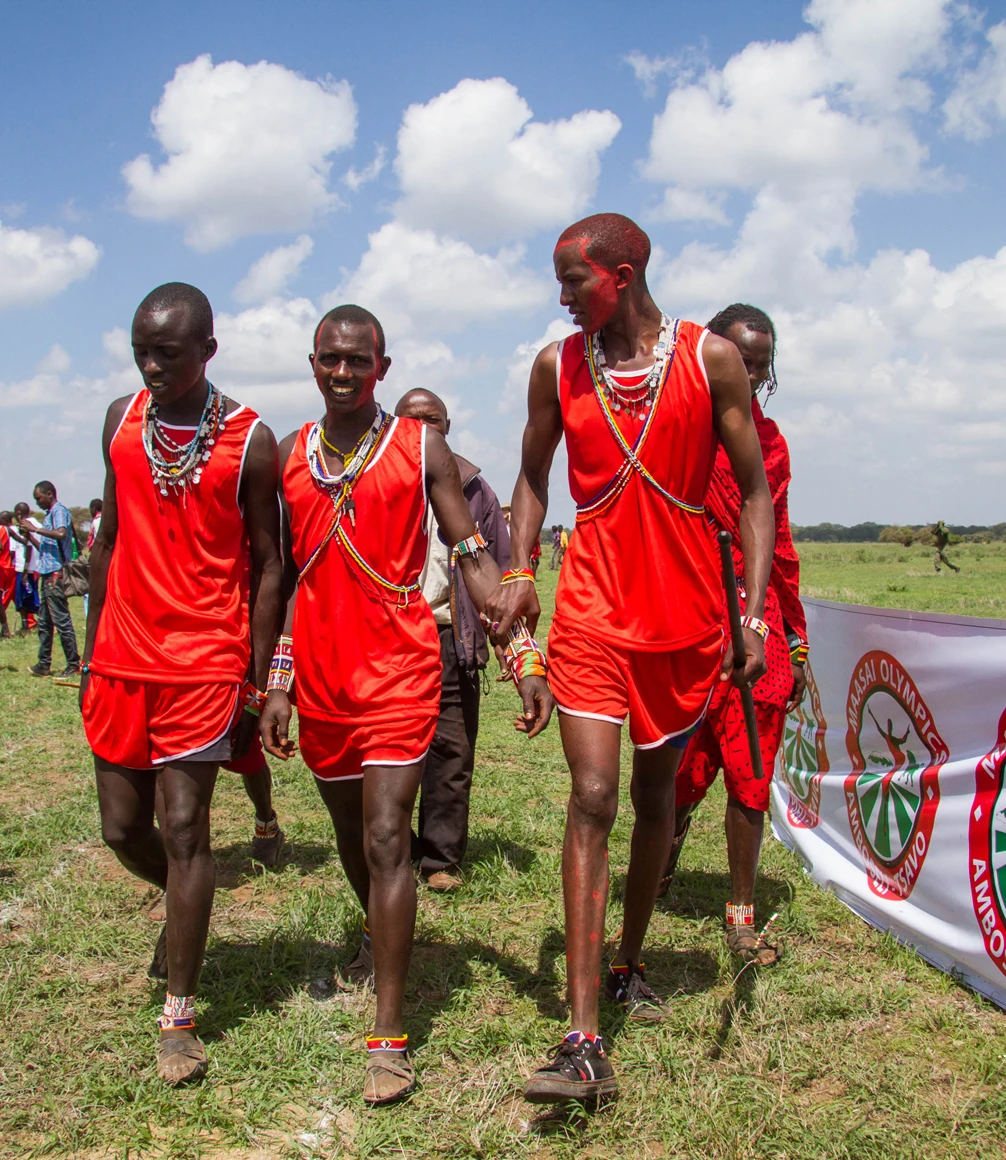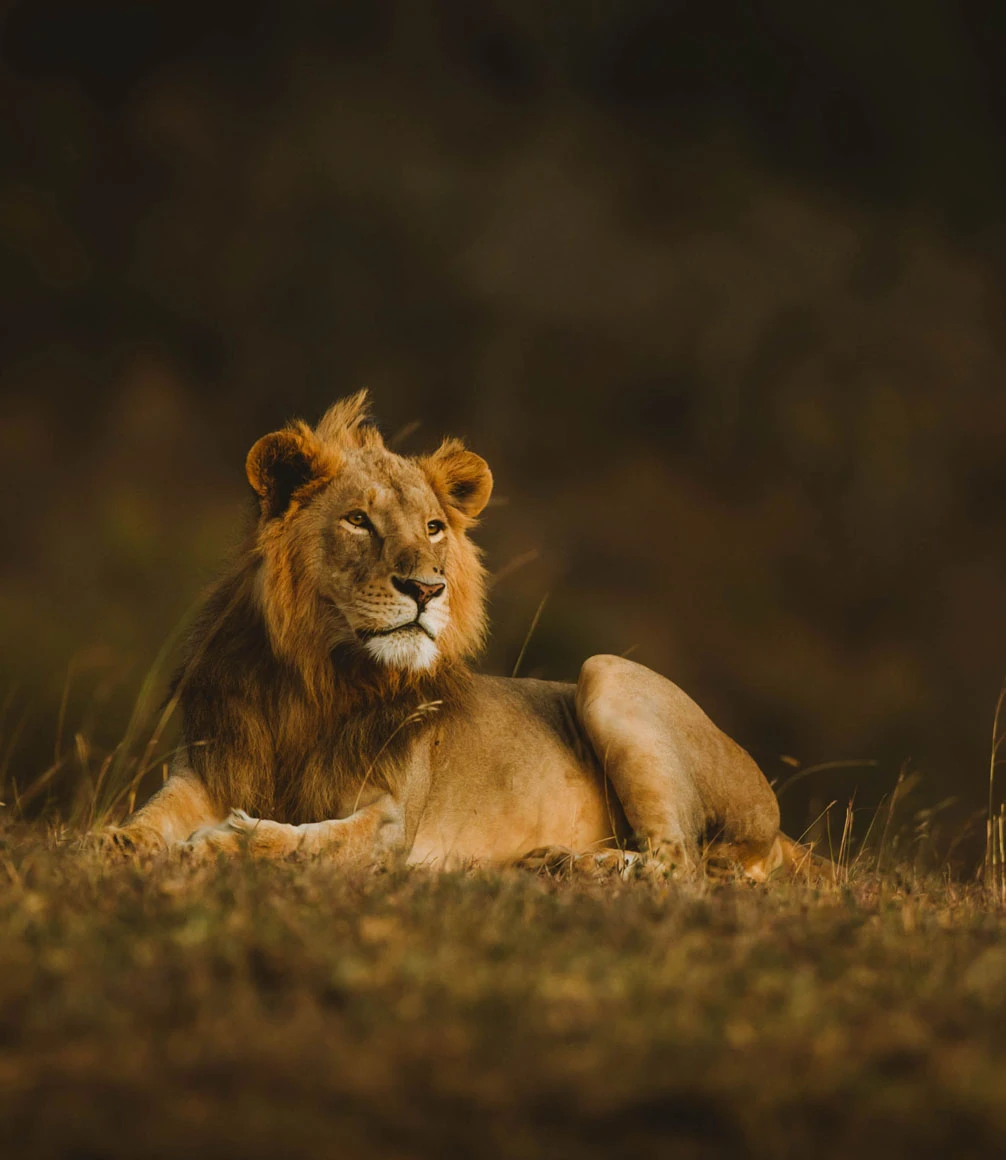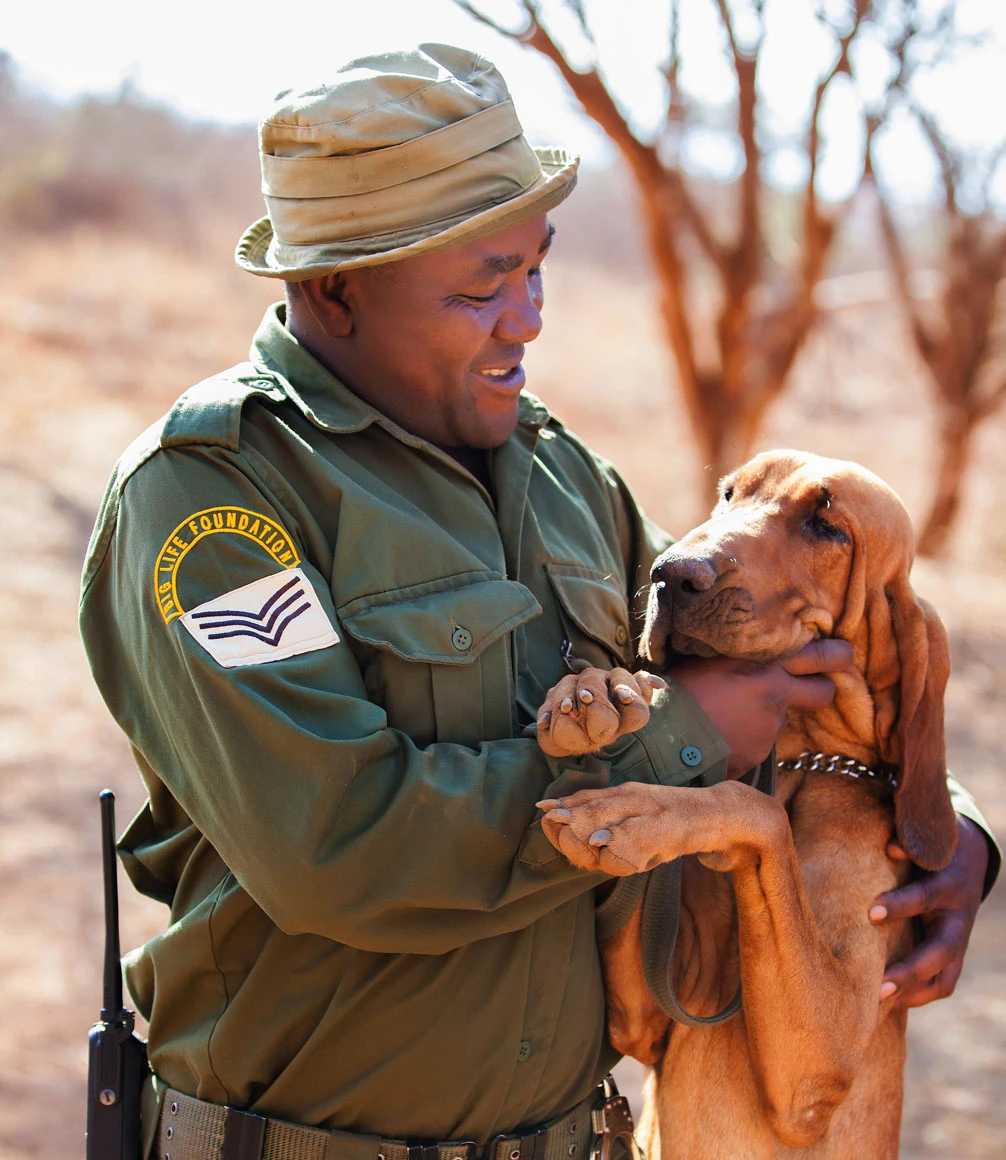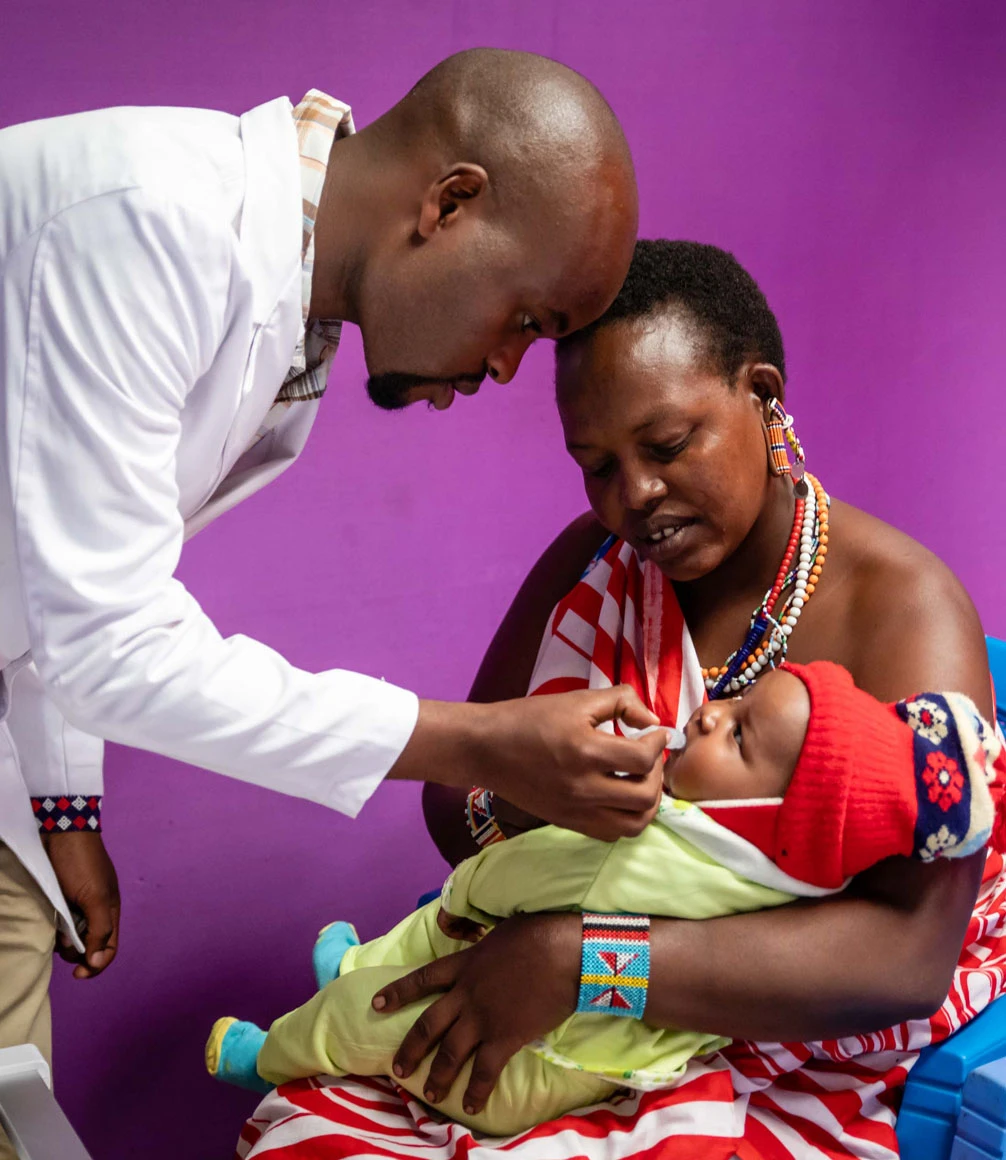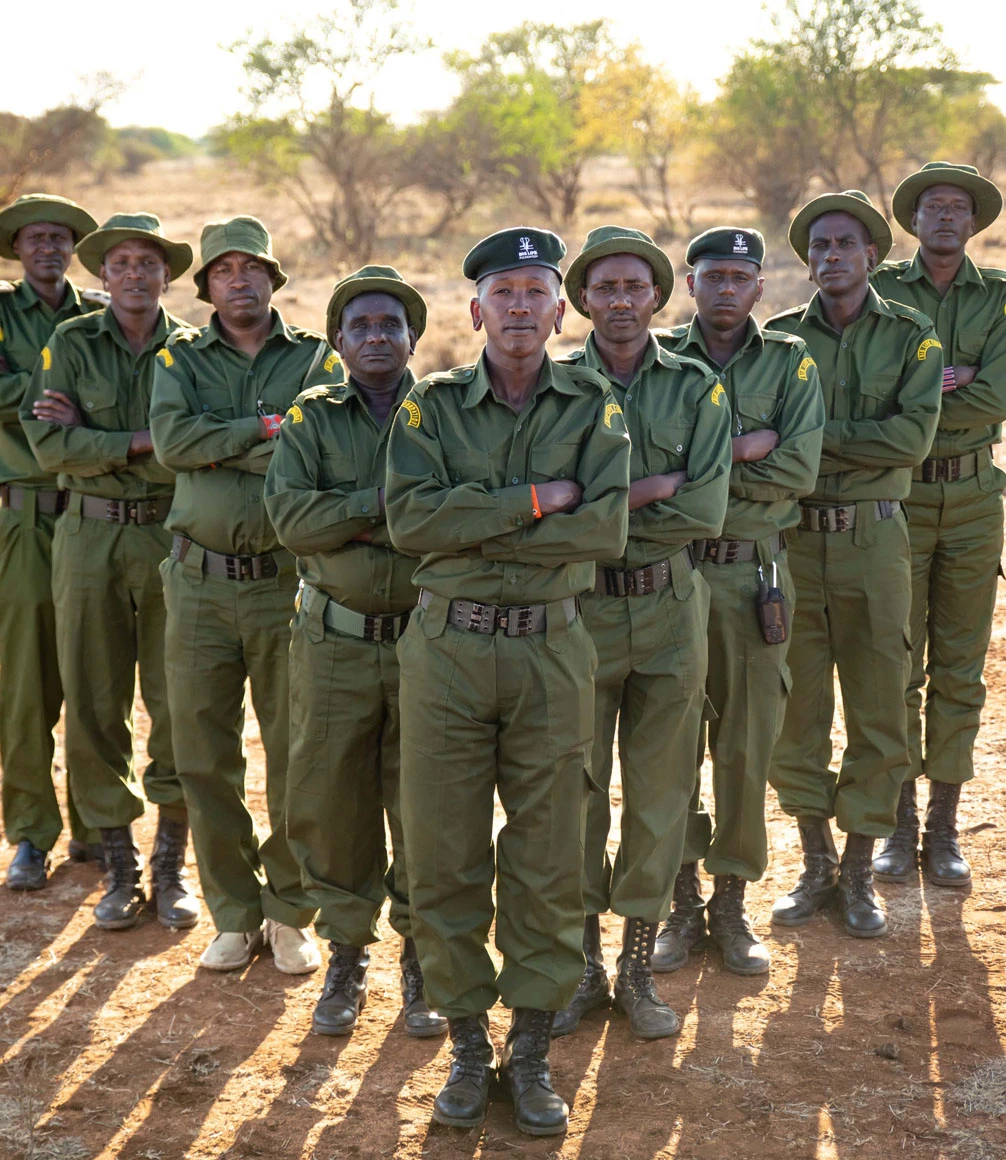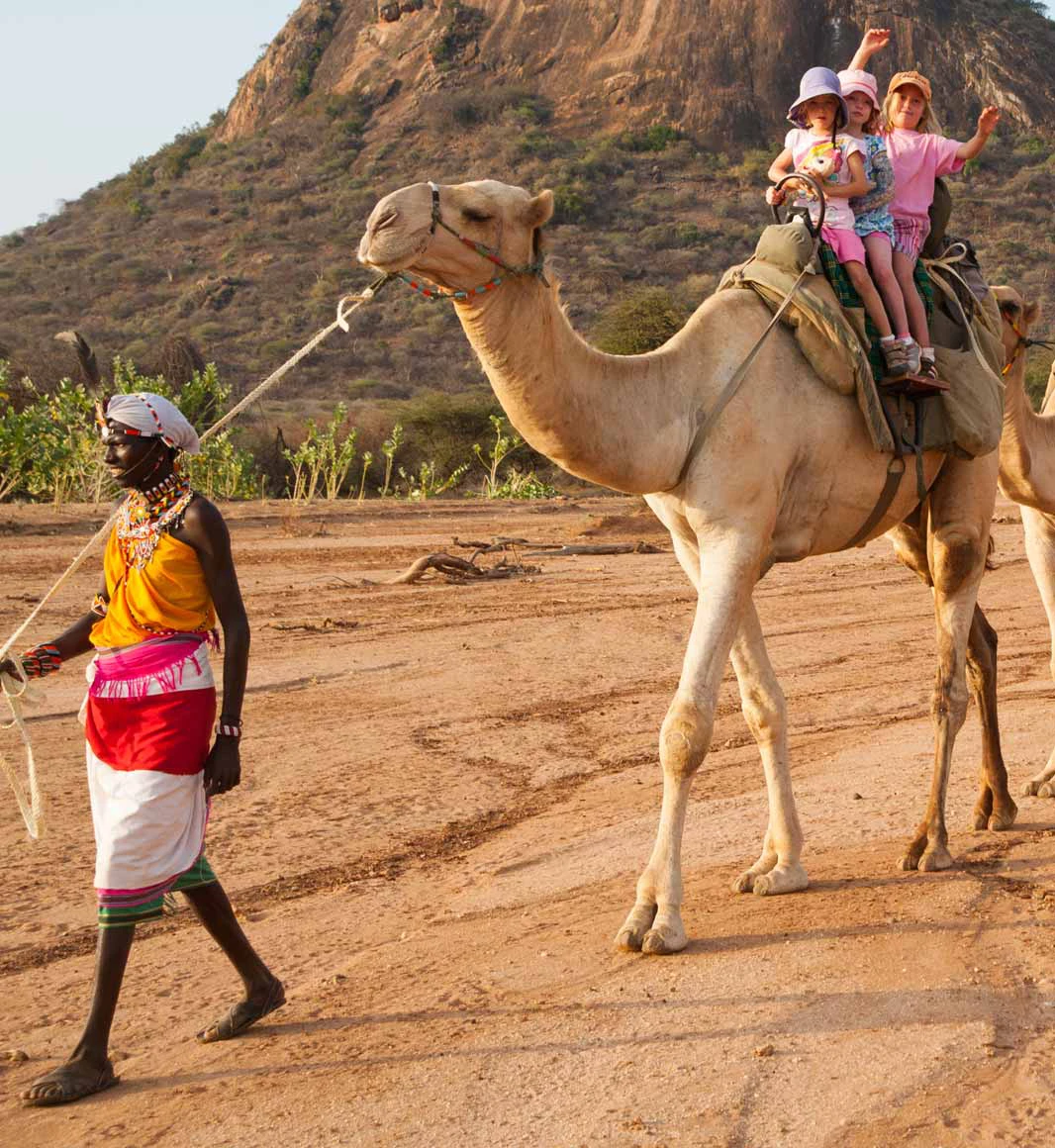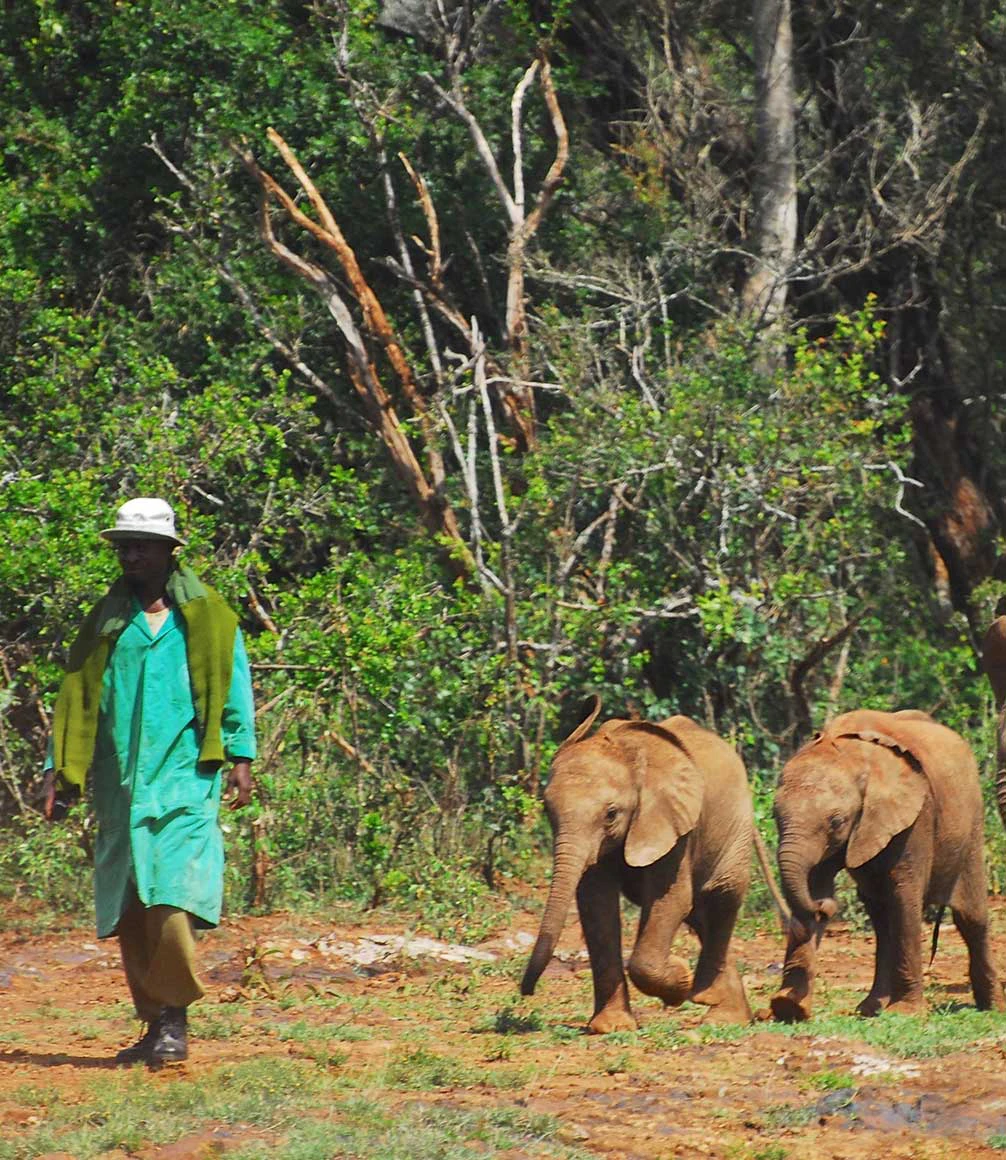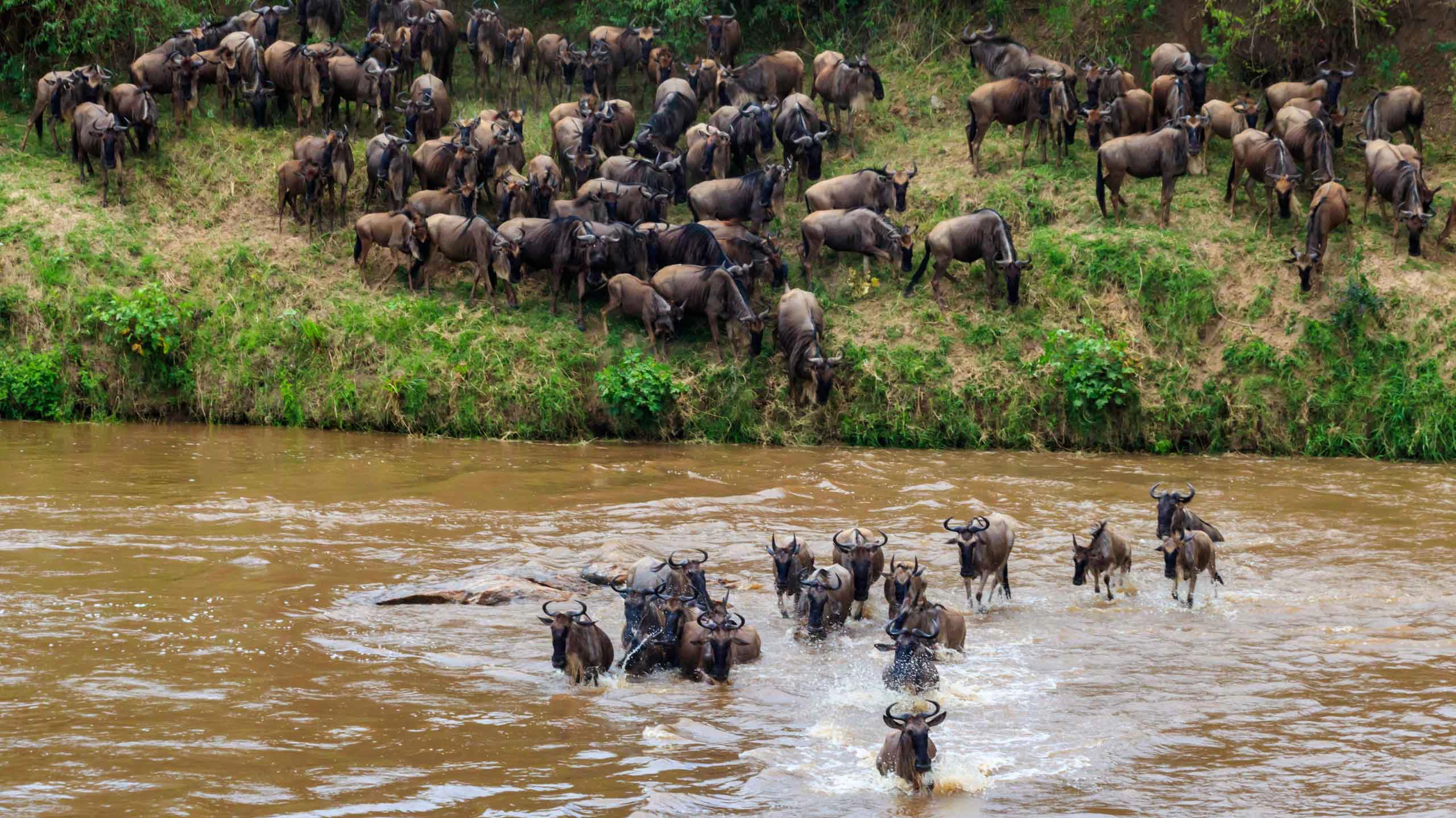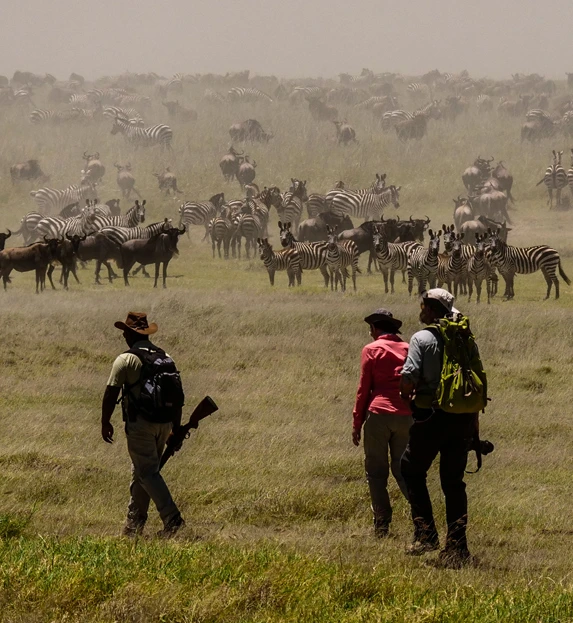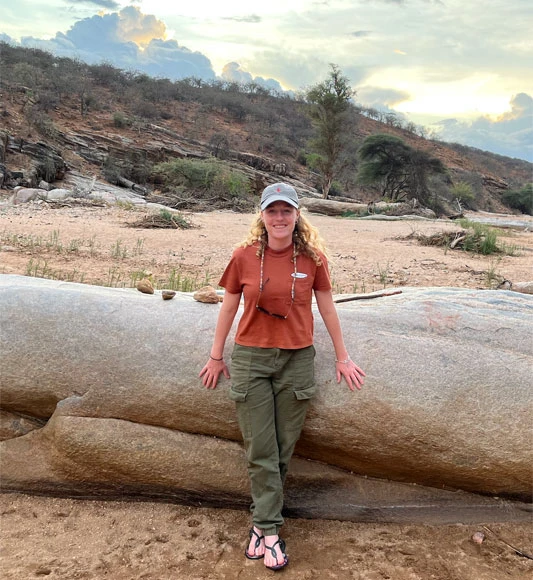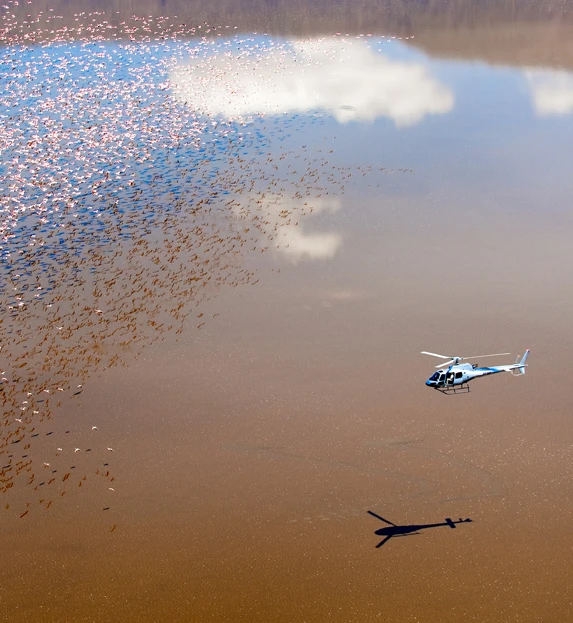Big Life Foundation -partnering with local communities in East Africa to protect nature for the benefit of all
Established in 2010 by photographer Nick Brandt, award-winning conservationist Richard Bonham and entrepreneur Tom Hill, Big Life Foundation operates over 1.6 million acres across the Amboseli-Tsavo-Kilimanjaro (Greater Amboseli) ecosystem in East Africa. Maasai rangers from local communities help to protect and secure wildlife and critical habitat stretching from the rangelands north of Amboseli to the Chyulu Hills and Tsavo West National Parks in the east and south to Kilimanjaro National Park. The area is a central connection point for migrating wildlife and contains some of the most important habitats left in Africa. Big Life was the first organisation in the region to conduct collaborative cross-border patrols between Kenya and Tanzania.
Within the densely forested Chyulu Hills National Park, there are eight known Eastern black rhinos protected by Big Life rangers and the Kenya Wildlife Service. As well as monitoring and protecting these rhinos, Big Life works to improve and maintain infrastructure in the area to allow for inbound translocation of rhinos from other territories.
Poaching continues to pose a significant threat, but many elephants face an even bigger challenge: conflict with humans. As the human population increases so do competing land uses, for example farming and cattle grazing. As humans compete for limited resources such as water, land and grass for livestock, we further encroach onto what were once wildlands. With less space to share, people and animals now come into direct contact at an alarming rate and often with deadly results.
Big Life protects vulnerable predators in the ecosystem in collaboration with partners and local communities. The core component of Big Life’s predator protection program is livestock compensation, which reduces the motivation for retaliatory killing in response to livestock depredation. The Predator Compensation Fund (PCF) pays Maasai livestock owners a portion of the value of their livestock lost to predators, on the condition that no predators are killed in retaliation. Big Life continues to manage PCF on the Mbirikano Group Range and has expanded the program to the Eselengei Group and Kimana Conservancy. Given the success of this program, the goal is to expand PCF across the entire ecosystem.
Highlights of Big Life Foundation's work
"Winning the hearts and minds of the community and providing a mutual benefit through conservation is the only way to protect wildlife and wildlands far into the future."
The second part of Big Life’s predator protection program is the Maasai Olympics, which was established in 2012 as an alternative to the traditional killing of lions. At the Maasai Olympics, young warriors compete for recognition and prove bravery through a sports competition based on traditional warrior skills.
To reduce conflict, wildlife habitats must be strategically protected. Big Life works with Maasai communities to support the development of wildlife conservancies, including payment of lease fees to landowners, and generating conservation-friendly income streams (such as eco-tourism). Rangers also actively protect the land by fighting against habitat destruction such as illegal logging. Big Life has also partnered with local communities, partner NGOs and local government to implement a carbon credit program in the Chyulu Hills to protect it from deforestation and overgrazing.
Water is one of the most precious resources in the African bush. Big Life rangers actively work to reduce illegal water extraction and ensure that river systems are free-flowing.
Winning the hearts and minds of the community and providing a mutual benefit through conservation is the only way to protect wildlife and wildlands far into the future. To that end, Big Life provides several services in support of the community, including education and healthcare initiatives and also lesser-known activities, such as using ranger vehicles as ambulances, arresting criminals for community crimes, conducting human and/ or livestock searches as well as rescue operations.
Big Life invests in the future of participating communities by funding teachers’ salaries, providing scholarship funds for local students and implementing a conservation-specific curriculum in classrooms and communities.
Big Life also works in partnership with the Kajiado South Sub-county Department of Health to implement mobile health clinics focused on primary healthcare and family planning. Additional services provided include immunisation, antenatal check-ups and HIV testing and counselling.
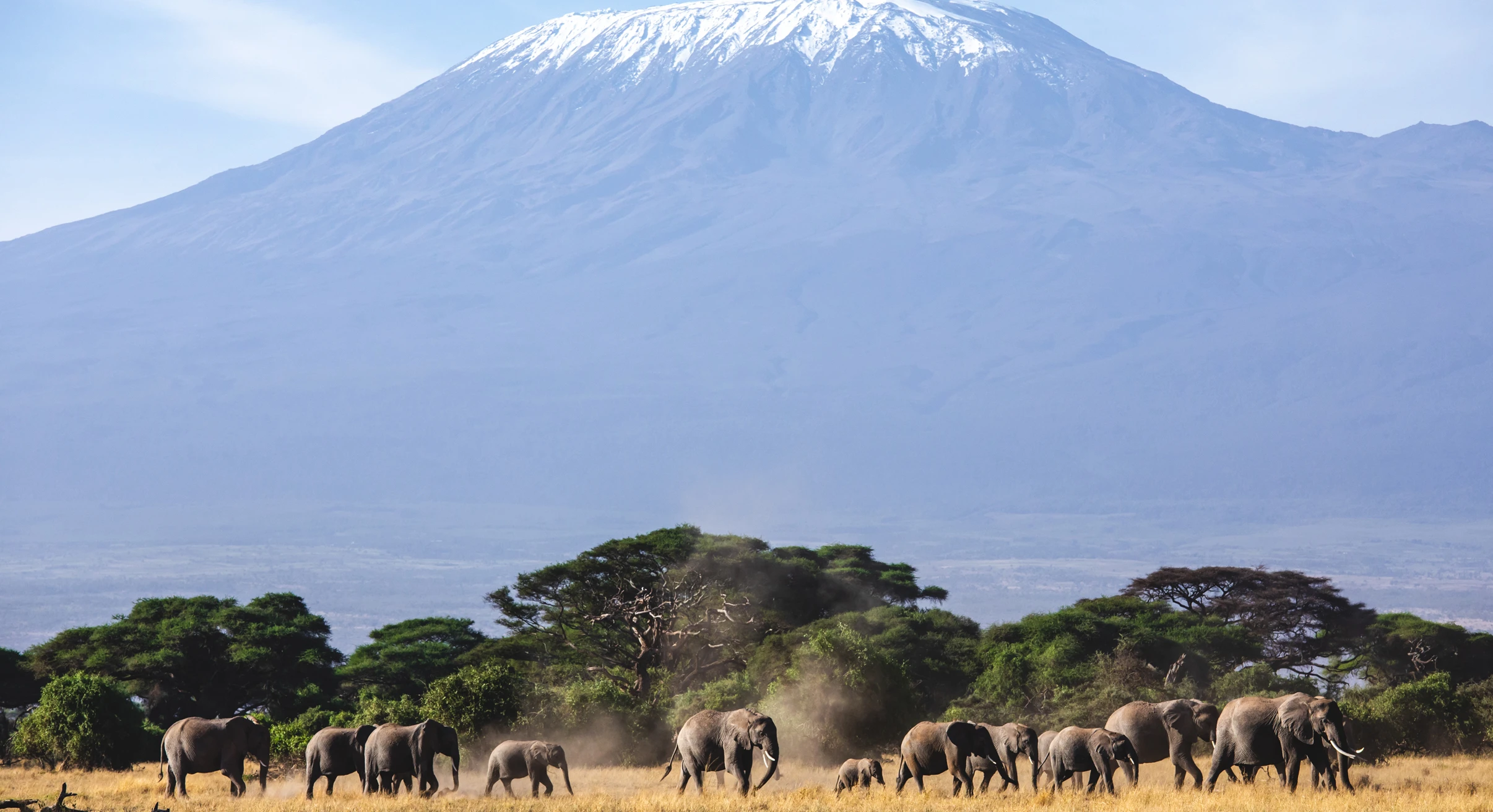
(© Jeremy Goss)
How can you engage with Big Life Foundation?
Meet program managers at the headquarters for a full tour of the facility. See the radio room, the hub of all anti-poaching operations, as well as meet rangers and the Tracker Dog Unit. Visit the Lenkiloriti Rhino Outpost to meet the rangers and join them on a one-hour patrol looking for signs of rhino or any unusual human activity. Join the Tracker Dog Unit on training exercise, either watching the dogs work with their handlers or acting as the “poacher”, leaving a trail for the dogs to follow.
Ready to take the road less travelled?
